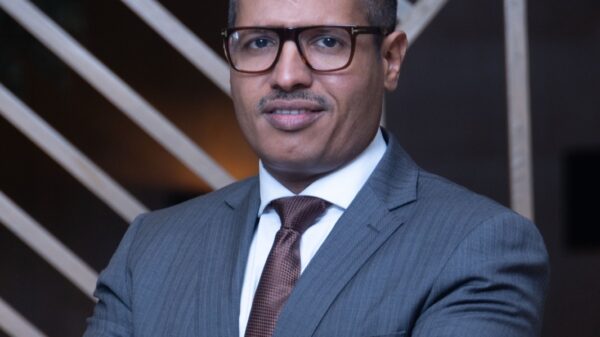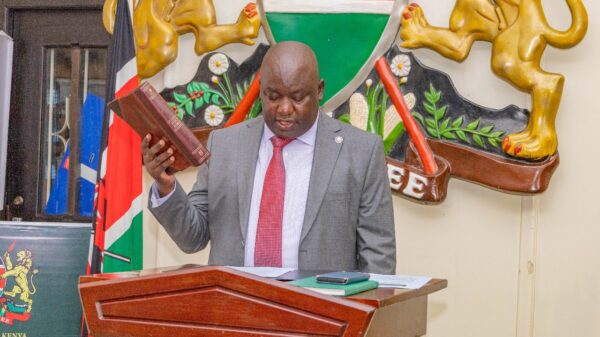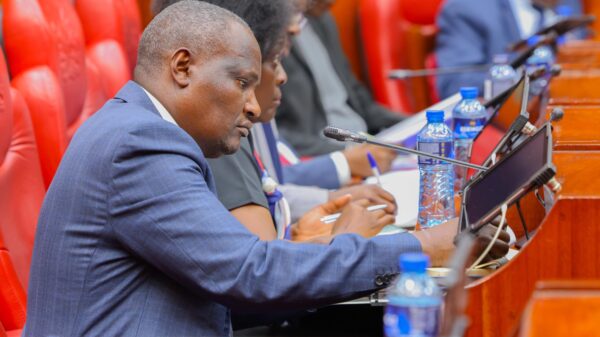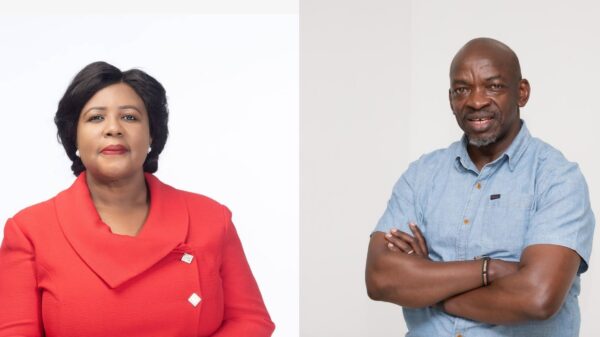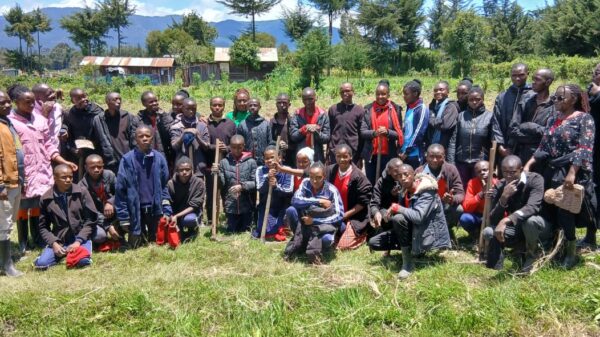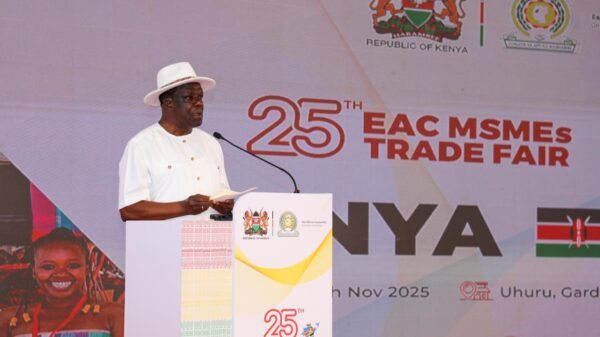NAIROBI, Kenya, Sept 27 – Dahabshiil Chief Executive Officer Abdirashid Duale has called on the United States and United Kingdom to extend their newly signed Technology Prosperity Agreement to Africa, warning that the continent risks being sidelined in the next wave of global innovation.
Speaking at a press briefing, Duale described the pact, signed during US President Donald Trump’s state visit to London, as a “breakthrough,” but stressed that its impact should not remain confined to the transatlantic corridor.
“While technology is transforming lives across the globe, Africa must keep up with the pace or risk being left behind,” he said.
“Mobile money and fintech platforms have already given millions their first access to financial services. With the right backing, African innovations could scale globally.”
The UK–US agreement, valued at an estimated £150 billion, involves investments from Microsoft, Nvidia, Google, and CoreWeave in clean energy, artificial intelligence, and grid modernisation.
Microsoft alone pledged $30 billion, its largest commitment outside the US, with UK officials framing the deal as central to London’s ambition to lead the next industrial revolution.
Duale argued that African entrepreneurs and innovators must be part of this momentum.
“In cities like Nairobi, Addis Ababa, Mogadishu, Hargeisa, Lagos, Kampala, and Kigali, young entrepreneurs are building apps that address local challenges.
These solutions deserve global exposure. Africa’s talent must be part of the next wave of innovation.”
He also underscored the urgency of tackling Africa’s energy deficit, noting that hundreds of millions remain without reliable access to power.
“As the US and UK debate how to balance renewables with fossil fuels, Africa faces a more basic challenge: access to electricity,” he said, adding that Dahabshiil is investing in renewable energy projects for underserved communities.
The Dahabshiil network operates in over 120 countries, channeling billions of dollars in remittances annually.
Duale said these flows demonstrate Africa’s ability to mobilise resources, but require matching international investment.
“Remittances already finance schools, families, and small enterprises. Imagine the impact if these were matched by major international investment. Africa does not need charity. It needs inclusion, investment, and partnership. This is Africa’s time,” he said.


